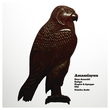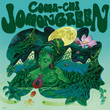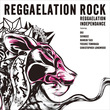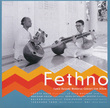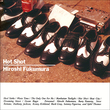
The compilation album of OKI, a ‘Tonkori’ player, has been released from Mais Um Discos, a London-based label.
“But for meeting with OKI, how would have I known Tonkori and started reading Golden Kamui?” The moment when someone gives such a remark from Europe has finally arrived. This is the message from Mais Um Discos, a London-based label, who releases this early footages of OKI. It also means the music of Ainu is recognized as well in Europe as that of Lucas Santtana, Howie Lee, and Minyo1 Crusaders. This is a memorable release. The album covers music from his debut song “Kamuy Kor Nupurpe” to the ones on the last recording released in the name of OKI 2006. Upopo Sanke by Umeko Ando and songs by KiLA & OKI are also included. Songs of this period consist of genuine traditional and experimental music. jazz, African music, and dub are mixed with Ainu music by the nature of Ainu or OKI’s instinct, which I am not sure of. Impossible ideas in terms of Western music theory such as harmony or irregular meters are amazingly interesting.
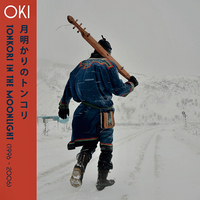
And after all, Tonkori as principle instrument, plays very important roll on the album. Basically five-stringed instrument without any changes of intervals by holding strings plays simple notes and often repeats same one phrase continuously. This rhythmic idea is why I like this music, which also identifies with that of Africa. However, the instrument can render emotions and a sense of beauty of each performer, and its timbre can stand out among Western instruments with variations of it. It sounds naive, tender, sometimes soft, and is just beautiful.
Lastly, it is just a small talk, that I was impressed by a remark from my family, saying “Ainu language seems to sound like Japanese” upon listening to “Iso Kaari Irehte.” Likewise, Okinawa language would create same feeling and could be easily distinguished from other languages of foreign countries. And you can feel both of them as coming from the same ground. This may sound like an idiot, I strongly felt Japan.
1. Traditional folk songs in Japan. ‘民謡’ in Japanese.




